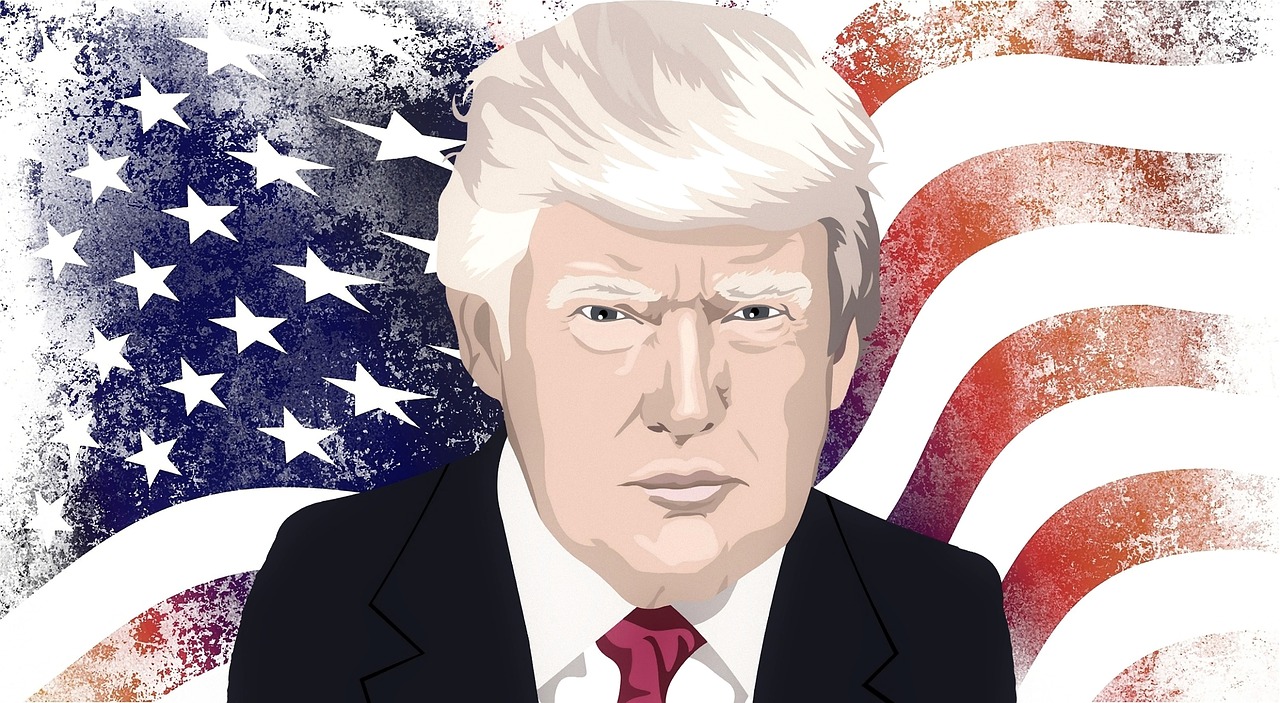
The EU has agreed to reform the copyright. In the future, news search engines such as Google News press publishers to pay money for displaying article clippings. Online platforms could be forced to introduce upload filters. Whether the last word is spoken with the agreement, but is questionable.
An agreement has been reached between the European Parliament, the Member States and the European Commission, Vice-President Andrus Ansip wrote on Wednesday evening in the short message service Twitter. Europe is finally getting „modern rules on copyright adapted to the online age“.
The reform of the copyright directive, including ancillary copyright, provides that press publishers in the EU should in future be significantly strengthened compared to news search engines such as Google News. In the future, the portals will be required to pay the publishers for displaying sections of articles in their search results.
Performance protection controversial
The ancillary copyright is controversial. Proponents argued that platforms like Google News are currently not paying any money to publishers, even though they use large amounts of their news. However, especially small publishers and news sites expressed concerns because they depend on the range.
The agreement now provides that the news search engines may continue to display hyperlinks, single words and short text excerpts. Publishing headlines or whole sentences is prohibited.
Also affected YouTube
In addition to the introduction of ancillary copyright, Wednesday’s Article 13 agreement also places greater emphasis on user-generated content platforms such as YouTube, which in the future will be responsible for unauthorized publications of copyrighted works. In the future, they must do everything possible to prevent copyright infringement on their pages. Protected works would have to be licensed before they land on the platforms or should not be uploaded. Critics warn that the platforms are forced to introduce upload filters.
It is a software that allows Internet platforms to check when uploading whether images, videos and music are protected by copyright. Opponents complain that upload filters are prone to errors and could – as a bycatch – also block content such as parodies and quotes, which are actually legal. That is ultimately censorship.
Enterprises younger than three years, with annual sales of less than € 10 million and less than five million users per month, are to be exempted from Article 13. The Parliament had actually called for exceptions for all companies up to an annual turnover of 20 million euros. Start-ups and small businesses should be protected in this way.
German publishers see „big opportunity“
The Association of German Newspaper Publishers and the Association of German Magazine Publishers see the agreement as a „great opportunity for independent journalism in the digital era“. The new regulation offers publishers for the first time the chance to negotiate with the large tech platforms over the use of their contents for a fair price, it was said in a message. „This right will promote digital innovation and significantly increase the diversity of professional digital media offerings.“
The two associations continued to argue that copyright reform sets an important global standard for journalistic diversity and independent reporting: „This is a good day for opinion and press diversity in Europe and the world.“
For GEMA „important step“
The collecting society GEMA also welcomed the agreement. „Thanks to the directive, online platforms must finally pay authors for using their works fairly. This has been overdue for years, „said Harald Heker, CEO. The new rules would make online platforms more responsible and at the same time strengthen the position of creators and internet users, Heker said. „For the music authors this would be an important step.“
Reform could still fail
However, the agreement of Wednesday must be confirmed in the coming weeks by the Parliament and the states of the European Union. Because the debate is so charged, the reform could still fail here. If both sides agree, the EU countries will have two years to turn the new rules into national law.
The copyright reform was proposed in 2016 by the then EU Digital Commissioner Günther Oettinger and should adapt the copyright to the digital age. For months there was a lot of discussion. Lobbying associations raised morale and warned of censorship, the end of the internet and the end of the independent press. Google and Wikipedia spoke publicly against parts of the reform.



